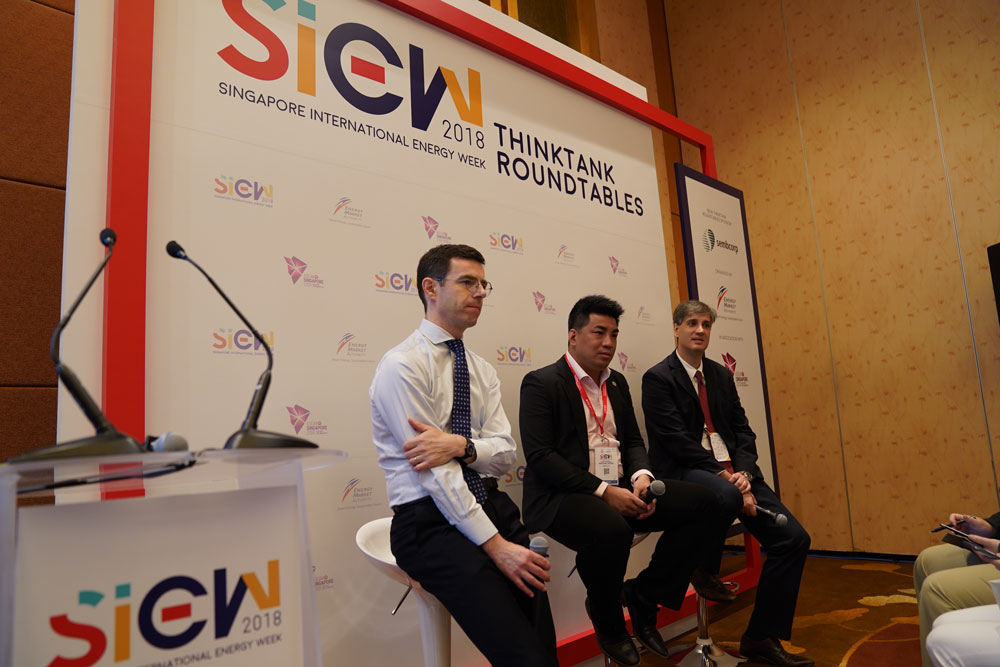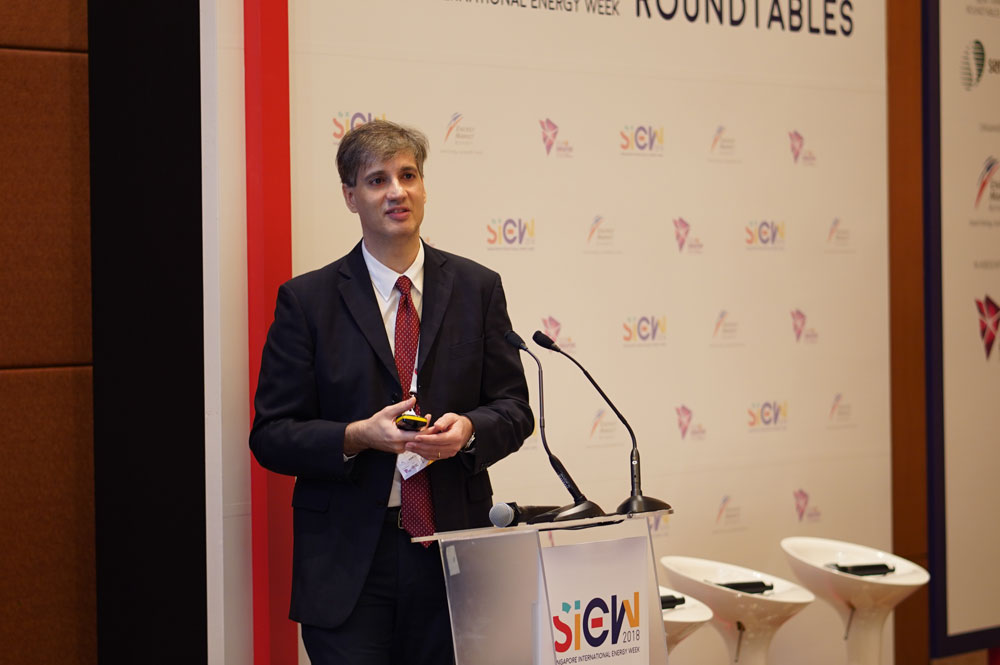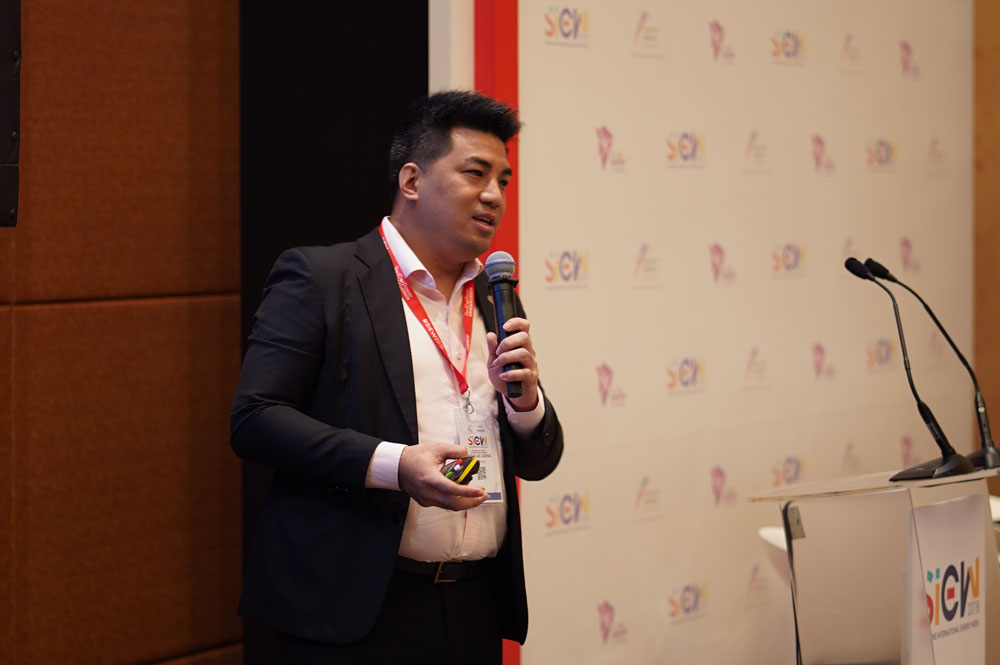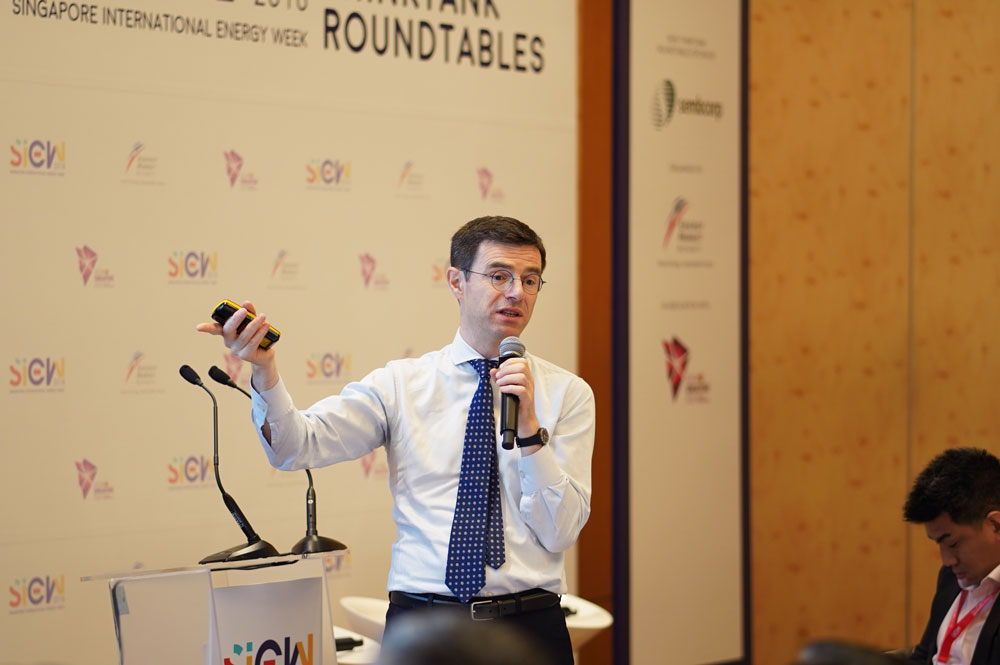Southeast Asia’s policy makers will need to intervene to facilitate the region’s transition to clean energy

Policy makers may no longer have to decide between cheap but dirty energy to support economic growth, or more expensive but cleaner options to improve sustainability. This scenario was discussed by panellists at SIEW Thinktank Roundtable B, which focused on the challenges for ASEAN countries to move towards cleaner energy.

Antonio Della Pelle, Director of Client Development at McKinsey Energy Insights, said that wind and solar energy is expected to have a lower levelised cost of electricity (LCOE) compared to coal and natural gas by 2020 in the Asia-Pacific region. While this trend would help ASEAN countries in their move to clean energy, there remains a few challenges that will require the intervention of policy makers to overcome before this transition can occur.
Introduce carbon taxes
Mr Pelle forecasted that coal demand in Southeast Asia will continue to increase until 2050, even though demand for coal globally is expected to decline by then. He explained that coal will remain a cheap option, despite the falling cost of wind and solar energy. Hence, new and existing coal power plants will continue to operate, together with the new wind and solar capacities, to meet rising energy demand in Southeast Asia.

Furthermore, some ASEAN countries would be more focused on resolving electricity access issues using conventional power plants, instead of working towards adding renewables into their energy mix, noted Nicolas Leong, Business Development Manager at Wärtsilä.
Pierre Noel, Senior Fellow, International Institute for Strategy Studies (IISS), added that the price of natural gas has also fallen significantly to a level that is comparable to the cost of coal. As such, introducing a carbon tax could incentivise countries in the region to opt for gas and renewables instead of coal, he said.
Phase out electricity subsidies
Mr Noel said that many countries in the region provide subsidised electricity rates to their citizens due to political pressure. In such a scenario, policy makers would choose the cheapest option, which is currently coal, even though the next cheaper but cleaner option is only slightly more expensive. Hence, he suggests that such subsidies should be phased out.

Incentivise incumbent companies
Incumbent power producers may be reluctant to transition to green energy as it could render their existing conventional generation assets obsolete. To address this issue, Mr Noel proposed a one-off write-off of this cost for affected companies to help spur the transition to clean energy. Mr Pelle added that companies would also need to rethink their business strategy and consider venturing into carbon capture, flexible power plants or renewables.
For instance, Mr Leong revealed Wärtsilä, a manufacturer of marine and energy equipment, has shifted some of their focus away from conventional power plants to renewables, as they expect clean energy sources to increasingly replace conventional plants as the base load.